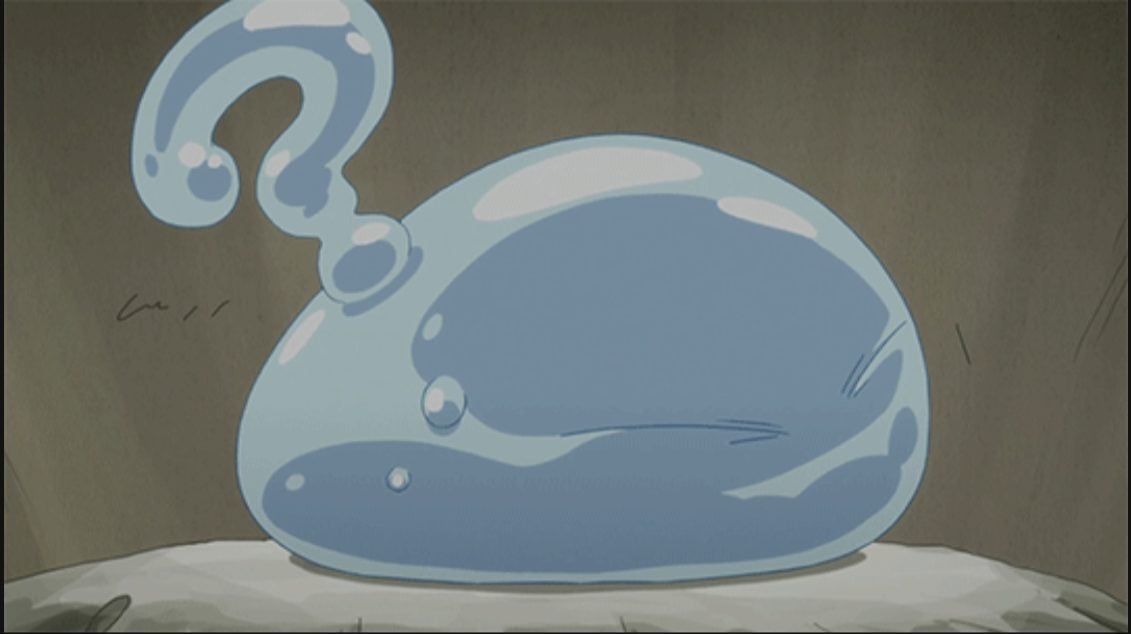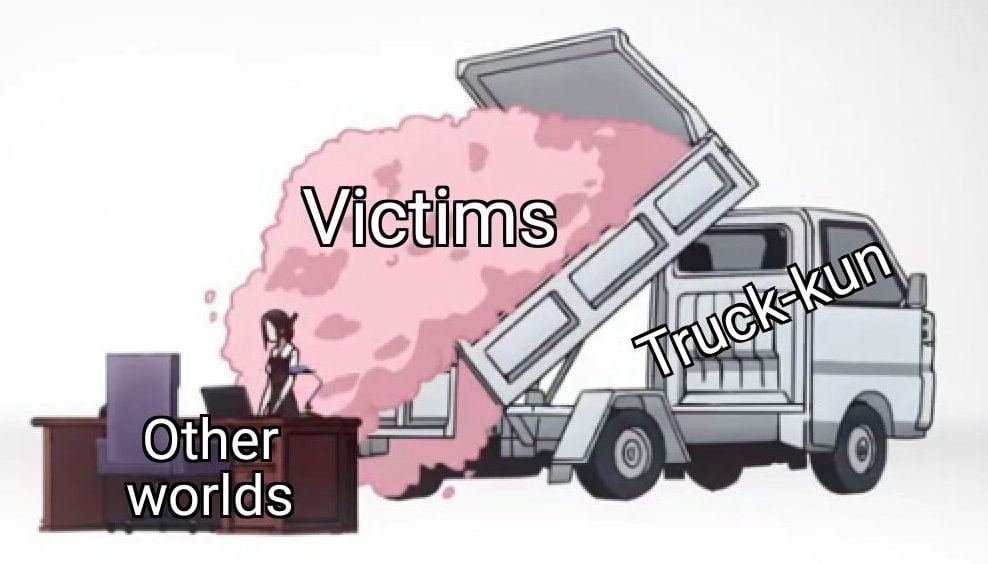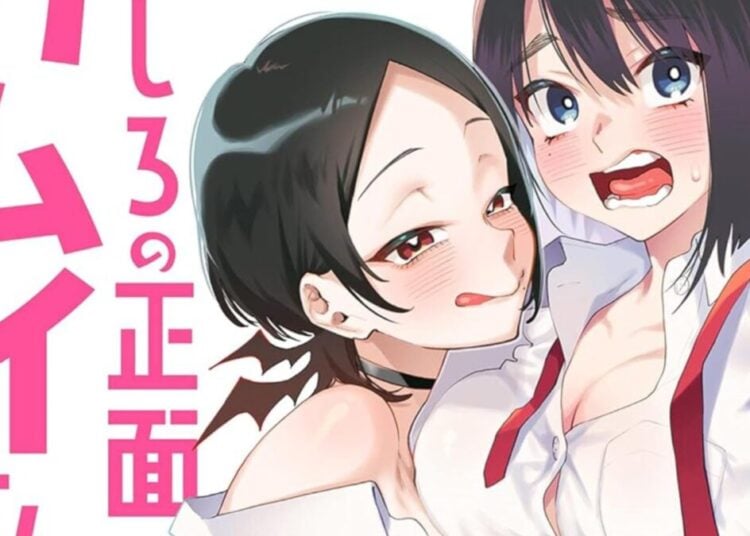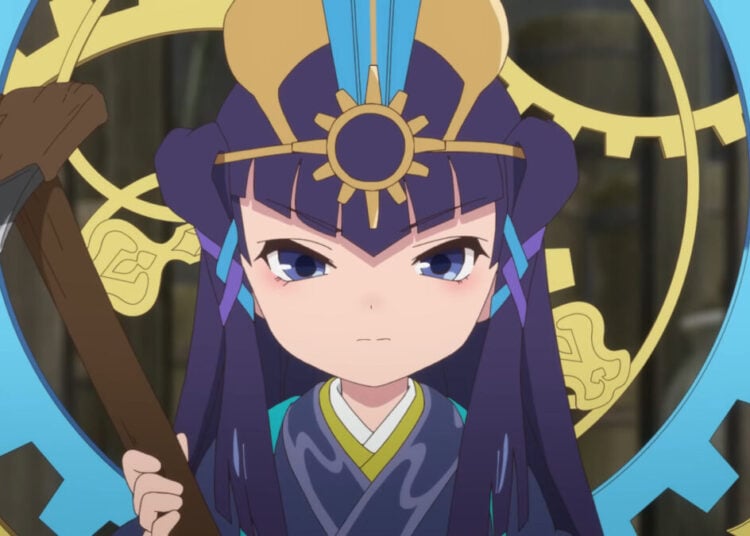When we last reported on Russia’s fervor for banning anime, St. Petersburg courts were focused on anime that contained “cruelty, murder, and violence” as well as anime that the courts considered “dangerous for a modern child”. Now, this newest round of bans has a completely new focus: isekai anime and the threat of reincarnation.

The St. Petersburg courts are looking to ban five isekai anime on the court’s argument that the shows in question promote the idea of reincarnation, and may influence watchers to potentially commit suicide. The series the court are looking to ban include Zombie Land Saga, KonoSuba, That Time I Got Reincarnated as a Slime, Princess Lover, and Nekopara. The court provided their ruling and reasoning through the court’s Telegram page. The court’s main argument is summarized below:
“The court concluded, for example, that the animated series This Wonderful World (KonoSuba) promotes the theory of rebirth, showing that after death a more interesting, diverse and uncontrolled life from parents is possible. The world after death is positioned as brighter and more adventurous with the possibility of leading a riotous lifestyle, drinking alcohol, sexual relations, illegal actions, while the real world seems bleak and full of loneliness.”
While the court’s argument is interesting, given their perspective on these various isekai worlds and their perspective on the real world being in sharp juxtaposition to one another, there is a key factor the court is missing in their assessment of isekai anime. While they claim the idea of entering another, more potentially idyllic world would be enough for watchers to end their lives, the truth of the matter is that almost none of the protagonists involved in isekai anime actually commit suicide. Most protagonists within the current definition of the genre are either pulled into the other world by a third party or sheer coincidence, die in a freak accident, or are given an assist by Truck-kun; usually while in the process of nobly saving another’s life.

Adding to the confusion is the fact that the titles Princess Lover and Nekopara aren’t usually considered part of the isekai genre by fans, though it stands to reason that a discussion over what exactly constitutes an isekai anime would be more productive than the court’s argument as a whole. For now, the animes in question are being placed under a limited ban under the condition that sites that do stream the series will provide specific content warnings.
This isn’t the first time a country has banned the idea of reincarnation, as China passed laws in 2007 to prevent Tibetan monks, including the Dalai Lama, from potentially reincarnating without government permission. However, Russia would once again benefit from looking a little closer at exactly why their citizens prefer the idea of a supposed “interesting, diverse, and uncontrolled life” as opposed to the “bleak and full of loneliness” state of the real world.

Source: Comicbook














